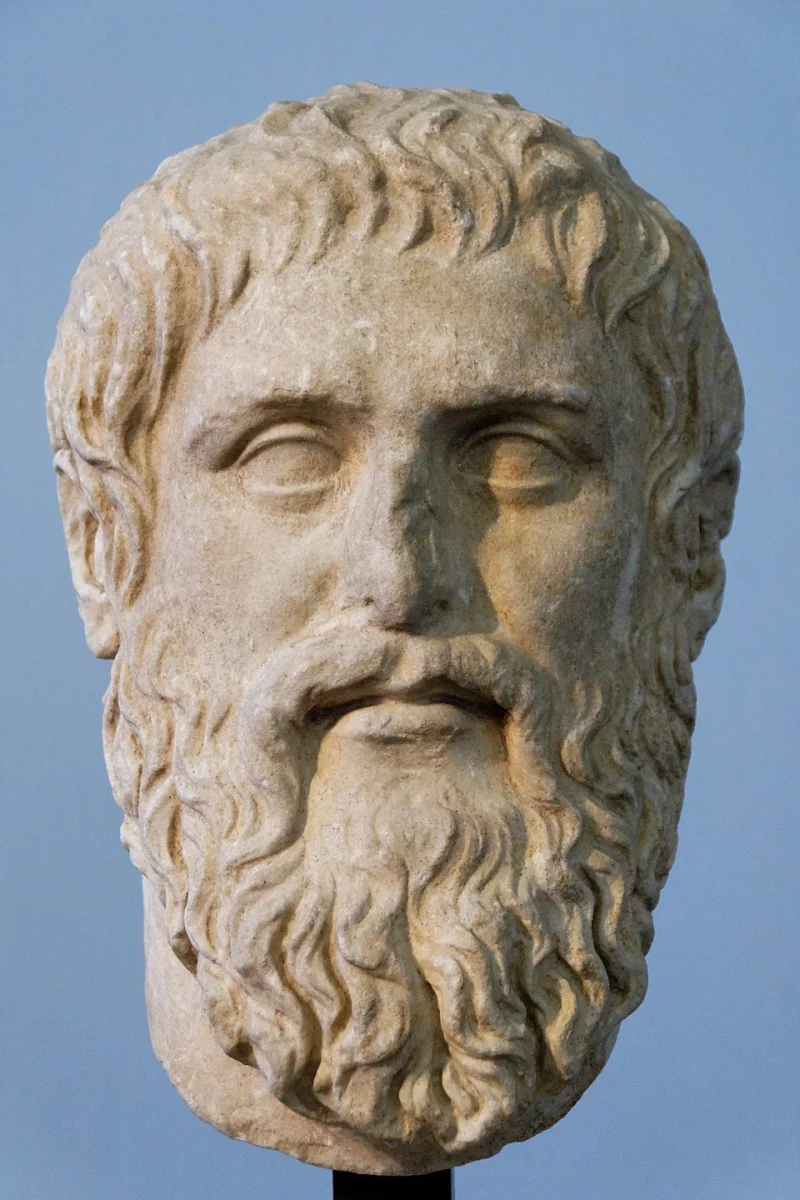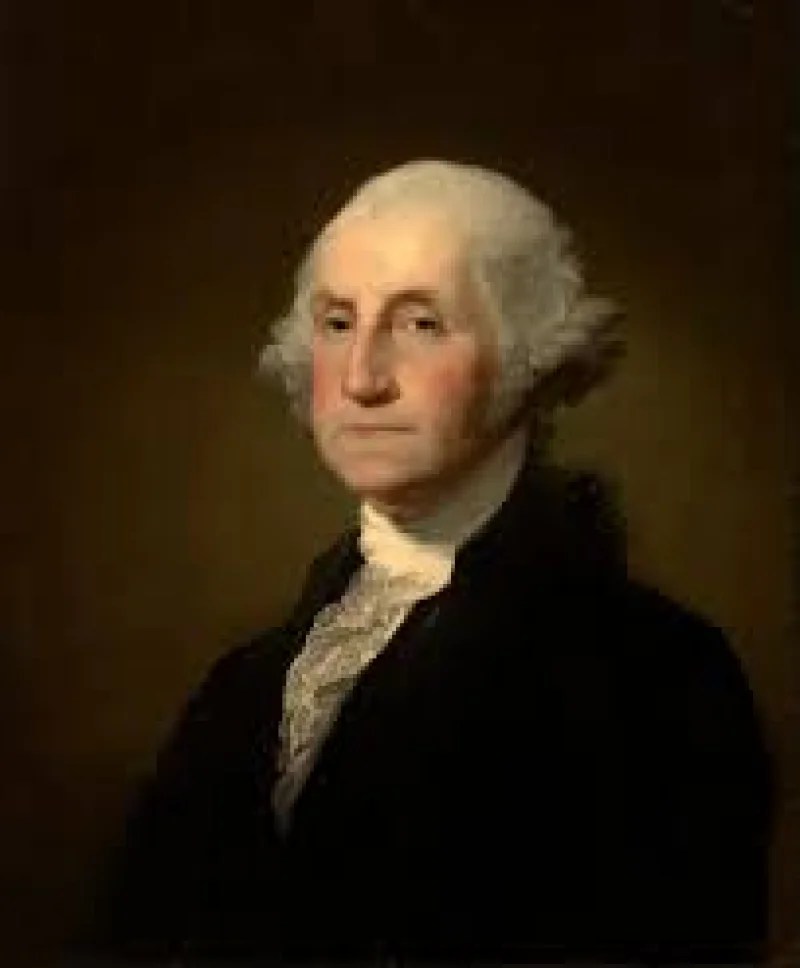Short Summary
Plato was an ancient Greek philosopher who played a pivotal role in the development of Western philosophy. He was a student of Socrates and later became the teacher of Aristotle, forming a foundational trio in classical philosophy. Plato is famous for his writings that explored justice, beauty, equality, and the nature of reality, notably through dialogues featuring Socrates. His work laid the groundwork for Western political theory, ethics, and epistemology.
Early Life & Education
Plato was born in Athens around 427 BCE, into an aristocratic family with a rich heritage in politics and philosophy. His father, Ariston, and mother, Perictione, were well-connected within Athenian society. As a young man, Plato was deeply influenced by the political climate of Athens and the teachings of Socrates, whom he met around 407 BCE. Socrates' method of questioning and dialogue profoundly impacted Plato, prompting him to pursue a life dedicated to philosophical inquiry. His education was comprehensive, covering subjects such as philosophy, poetry, and gymnastics, which prepared him for his future contributions to philosophical thought.
Career Highlights
Plato founded the Academy in Athens around 387 BCE, one of the earliest institutions of higher learning in the Western world. This establishment became a center for philosophical thought and education, attracting many students, including Aristotle. Plato wrote extensively in the form of dialogues, with "The Republic," "The Symposium," and "The Apology" being some of his most significant works. These texts explored complex themes such as the nature of justice, the theory of forms, and the ideal state. Through his writings and teachings, he significantly influenced the development of Western philosophy and science.
Major Achievements
- Founded the Academy in Athens, a precursor to modern universities, which educated future philosophers and scientists.
- Authored "The Republic," a seminal text exploring justice and the ideal state, influencing political philosophy.
- Developed the Theory of Forms, a philosophical concept about the non-material abstract forms representing the most accurate reality.
- Influenced his student Aristotle, who would go on to become a pivotal figure in philosophy.
Famous Quotes
- "The unexamined life is not worth living."
- "Knowledge is the food of the soul."
- "Wise men speak because they have something to say; fools because they have to say something."
Interesting Facts
- Plato's real name was Aristocles; "Plato" was a nickname referring to his broad shoulders.
- The Academy operated for approximately 900 years until it was closed by the Roman Emperor Justinian in 529 CE.
- Plato was not only a philosopher but also a mathematician, contributing to the development of geometry.
- He is often credited with inventing the notion of Atlantis, a lost civilization, in his dialogues.
- Plato was influenced by Pythagorean thought, particularly in his emphasis on mathematical relationships.
Legacy / Influence
Plato's influence on Western philosophy and science is profound and enduring. His ideas on the nature of reality, knowledge, and governance continue to be studied, debated, and revered. The Academy laid the groundwork for future educational institutions, and his dialogues are foundational texts in the study of philosophy and political theory. His work profoundly influenced subsequent philosophers, theologians, and political leaders throughout history.
FAQ
Q: Why is Plato famous?
A: Plato is famous for his philosophical writings and founding the Academy, which influenced Western thought.
Q: What is Plato's most famous work?
A: "The Republic" is considered his most famous work, exploring justice and the ideal state.
Q: Who were Plato's most significant influences?
A: Socrates and Pythagoras were significant influences on his philosophical development.
Q: What was the Academy?
A: It was an educational institution founded by Plato, considered one of the first universities.









